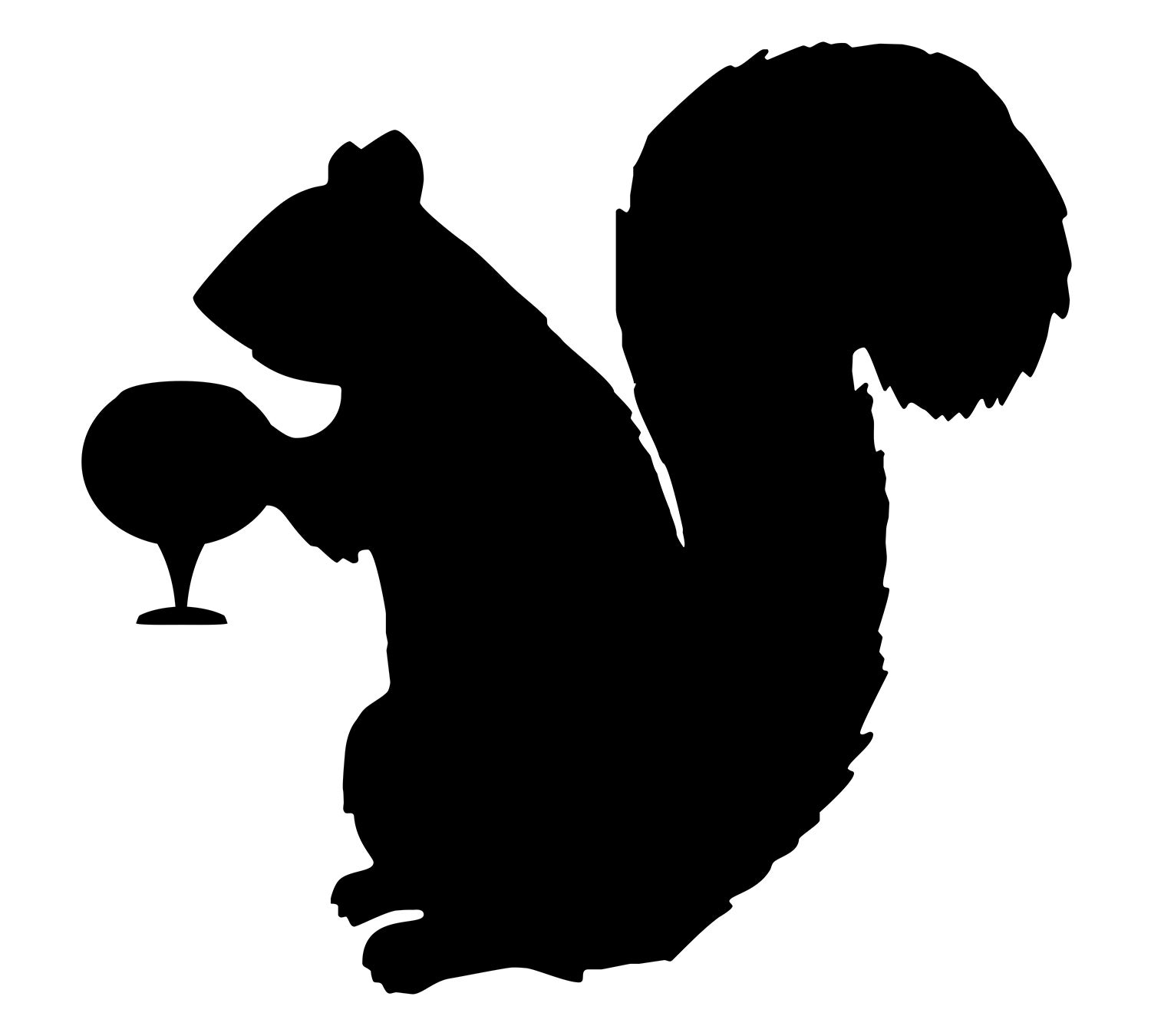
St. Louis Beer Blog: What's in a Name?
“What’s an Urban Chestnut”? Yes, people have commonly asked us about our unique name. To answer this question, we have to examine our original brewing philosophy developed shortly before we opened for business on January 26, 2011.
We obviously have German roots, and we always wanted to be able to center a large portion of our portfolio on German style beers. However, our goal was never to be hemmed in by one country’s traditions nor simply be “the German craft brewery” in St. Louis. We also aimed to brew English, Czech, and Belgian styles in addition to modern American craft beers. As famous St. Louisan Yogi Berra once said, “When you come to a fork in the road, take it”; we basically wanted to give people both options when they came to the decision of what beer to drink. This led to a brewing philosophy we called “Beer Divergency”, a concept that delineated our beers into two series: the Revolution Series and the Reverence Series.*
The Revolution Series was “Our contribution to the renaissance of craft beer”. This series provided us the chance to brew beers like the various American IPAs like Session IPA (Half Crown was on tap on day one), Double IPA (STLIPA came out in March 2011) and Black IPA (who remembers Urban Blacktop’s debut in November 2011?). I also gave us the opportunity to create beers that frankly cannot be categorized, particularly our original signature ale Winged Nut, a brown ale brewed with chestnuts and fermented with Weissbier yeast.**
The Reverence Series was “Our celebration of beer’s heritage”. This series represents not only are now renown German styles, but also Czech (such as our original Czech Pilsner “Václav”), Belgian (such as a Dubbel called “Kleinmanneken”), English (such as an English Pale Ale “Trafalgar”) or Irish (O’Florian’s).
It was now time to choose a name that reflects this philosophy. We chose the word “Urban” to honor our “Revolution Series”. Of course, nowadays one can find breweries in suburbs, exurbs, and rural areas, but the modern craft beer movement was anchored in these places (San Francisco, Chico, Boston, Portland, Seattle, Fort Collins, etc.).
As one likely now suspects, “Chestnut” pays reverence to our Reverence Sries. This explanation is a little more in depth. Before refrigeration, storing beer during the summers in Franconia*** and Bavaria required digging out cellars deep enough to maintain a cold, year-round temperature. In some places, the water table is too high to dig to the proper depth. To solve this problem, breweries put down gravel and planted trees to provide shade. They chose chestnut trees as their leaves provide excellent shade. These beer cellars (Bierkeller in German) were used into the late 19th century.
Beer storage is all well and good, but the real reason the chestnut tree represents our Reverence Series was what became of these Bierkeller. Eventually in the mid-1800s, people suddenly realized that they not only had a large supply of beer, but also a beautiful, bucolic, and shady area so why not serve it directly on site? This was the birth of the Biergarten or Bierkeller****. Enjoying beer at a Biergarten is a massive part of the culture in Bavaria/Franconia; regardless of wealth, political/cultural identity, or profession, it is THE meeting place for anyone in society. It truly is a cherished cultural tradition, and therefore, the trees found in the Biergarten is the ideal representation of our Reverence Series.
I hope this clears up the unique name of our brewery, but this will not be the last of posts about several of the topic mentioned here. American beer history, and especially Biergarten/Bierkeller culture practically demands more posts. Stay tuned for more!
By: Nate Brinson
* While we don’t emphasize this philosophy as much as we once did, one can still find “Reverence” on Zwickel, Dorfbier, O-Katz, Schnickelfritz labels as well as “Revolution” on STLIPA.
**I know there are many of you who want this beer to return. Never say never, but I would advise against holding your breath on it.
***Most of Franconia lies within the federal state of Bavaria in Germany, but it is most inadvisable to call a Franconian “Bavarian”. Here’s a brief video by Johannes Pechstein about Franconia. It also happens to be my favorite region of Germany!
****Franconians tend to use the word Bierkeller rather than Biergarten to denote these places.
Brewery Locations

The Grove
Bierhall
Our Grove location has plenty of space for your next large gathering, featuring delicious pizza and more from our friends at Fordo's Killer Pizza!

The Midtown
Biergarten
Serving your favorite burgers, fries and salads at our Midtown Biergarten! Try our new plant-based burger!

Hallertauer
Brauerei
Urban Chestnut's third brewery is located in the Hallertau region of southern Germany, near our Brewmaster's home town.


